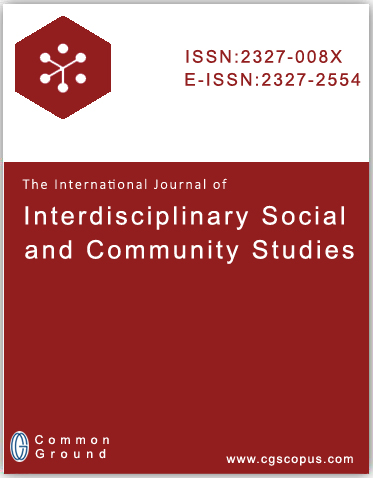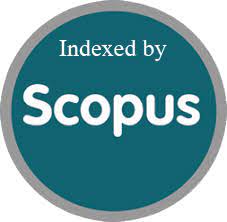The Indian diaspora in Thailand and Soft Power through Cultural Diplomacy
DOI:
https://doi.org/10.18848/fj1gy363Abstract
The influence of Indian civilization in Thailand began through trade, as Indian traders engaged with local rulers by offering gifts and goods, which sparked interest in Indian culture. Invitations extended to Brahmins from India shaped the Thai court's concepts, language, and culture, impacting both the elite and the general populace. During the Ratanakosin era, British colonization in India affected trade dynamics in Southeast Asia. King Rama V's open policies promoted international trade, attracting Indian immigrants to Siam due to its economic significance. The initial influx of Indians, known as the "first wave," occurred throughout the 20th century. A "second wave," characterized by "the new Indians" focused on international business, arose in the late 20th and early 21st centuries. India's soft power and favorable foreign trade policies continue to draw more Indian nationals to Thailand. The Indian diaspora in Thailand highlights this soft power through various avenues, including religion, culture, cuisine, textiles, music, and yoga, which enhance cultural diplomacy and strengthen people-to-people connections.










